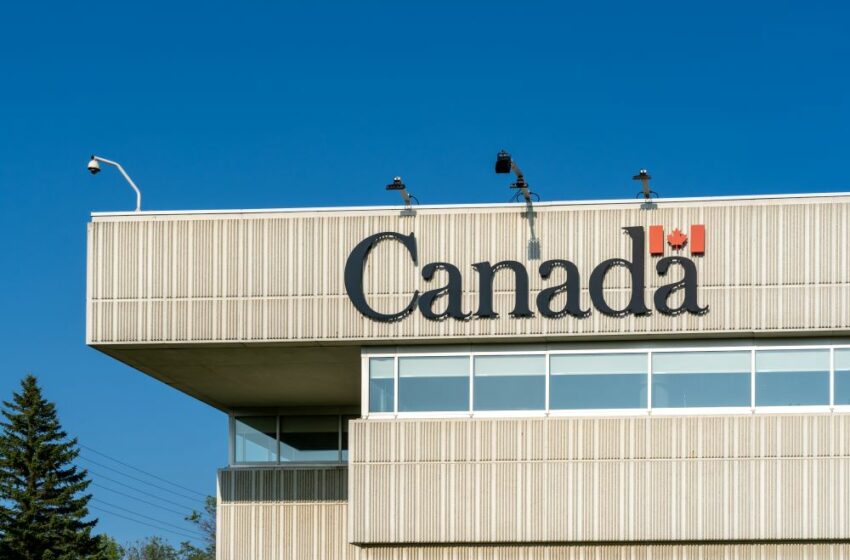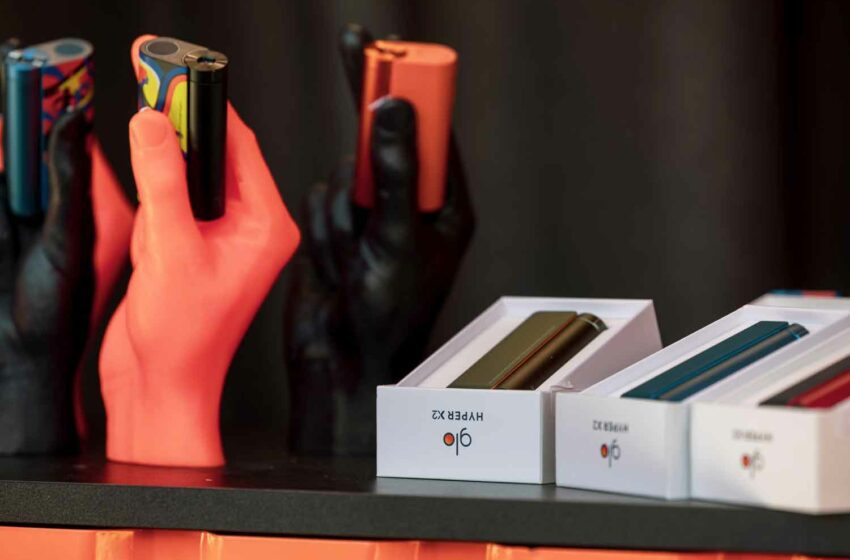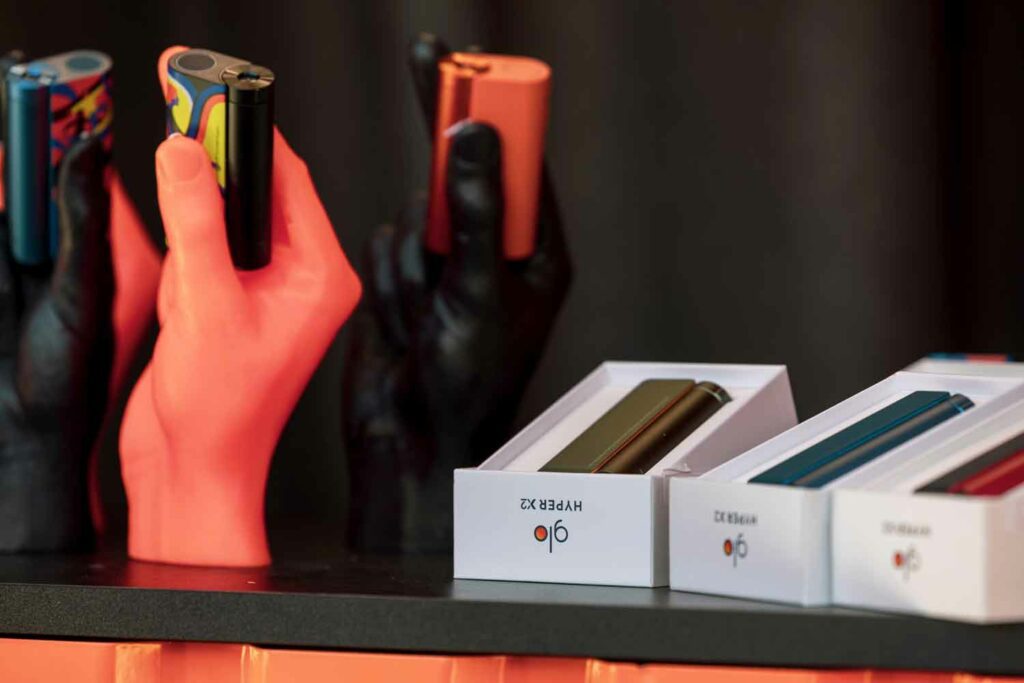
The Premium Cigar Association (PCA) testified before the White House Office of Management and Budget’s Office of Information and Regulatory Affairs (OIRA) as part of the administration’s review of the U.S. Food and Drug Administration’s draft Final Rule “Tobacco Product Standard for Characterizing Flavors in Cigars.”
PCA President Scott Regina provided several examples of the impact that the rule would have on specialty tobacco retail, emphasizing that the FDA had not conducted a proper small business impact analysis. The PCA also outlined how the rule would directly affect regulatory matters outside of the FDA’s jurisdiction, including law enforcement, international trade and foreign policy.
“It’s questionable whether FDA has the authority to issue standards that result in a product ban, especially when they are acknowledging that the regulation does not address a specific risk,” said Regina in a statement.
“Ultimately, we asked OIRA to consult with a host of affected federal agencies and to remit the draft Final Rule back to FDA for better justification of authority, cost-benefit analysis and small business impact,” said Scott Pearce, executive director of the PCA.
The OIRA has scheduled meetings with additional stakeholders throughout the month as well as proponents of the characterizing flavor product standard for cigars.
The PCA published a full list of recommendations on the draft Final Rule.



















